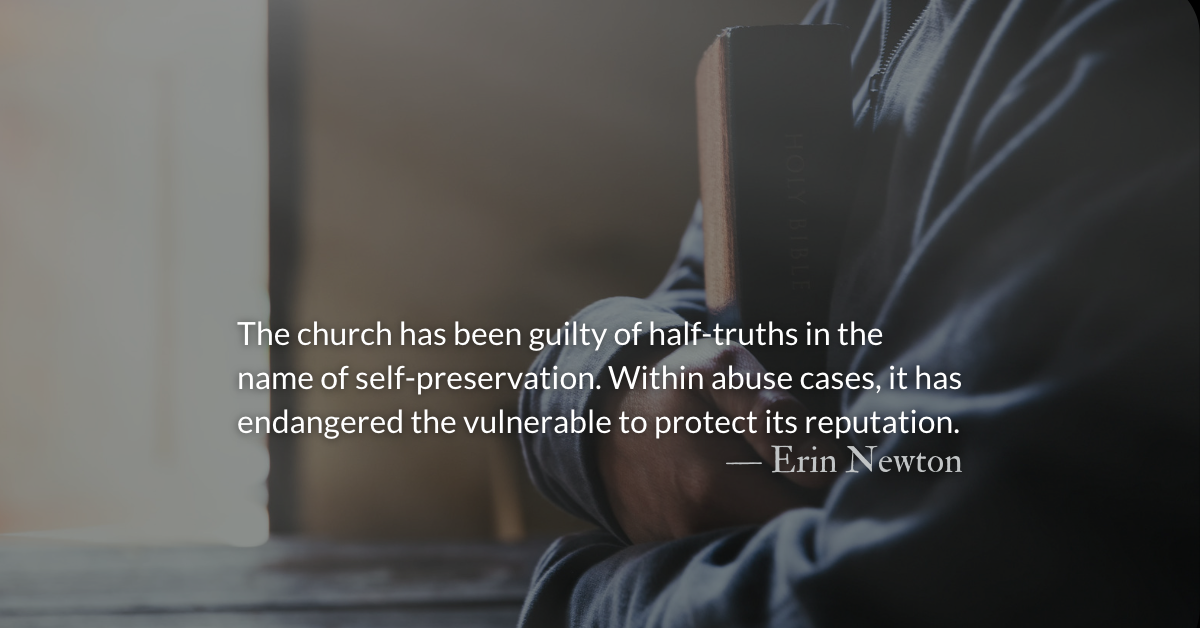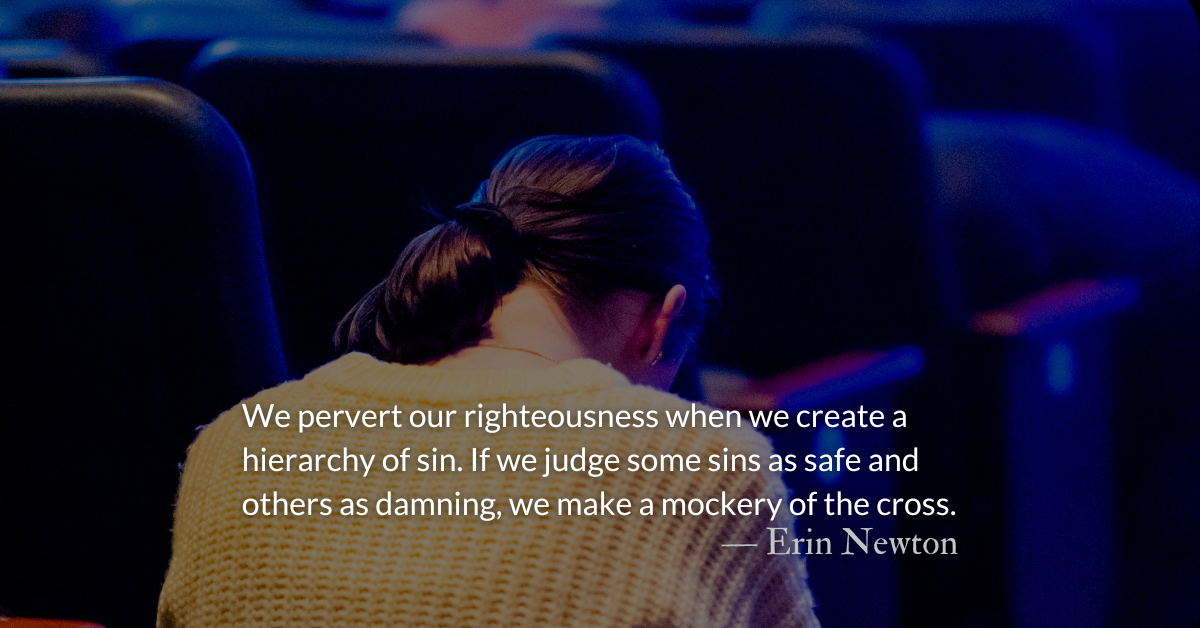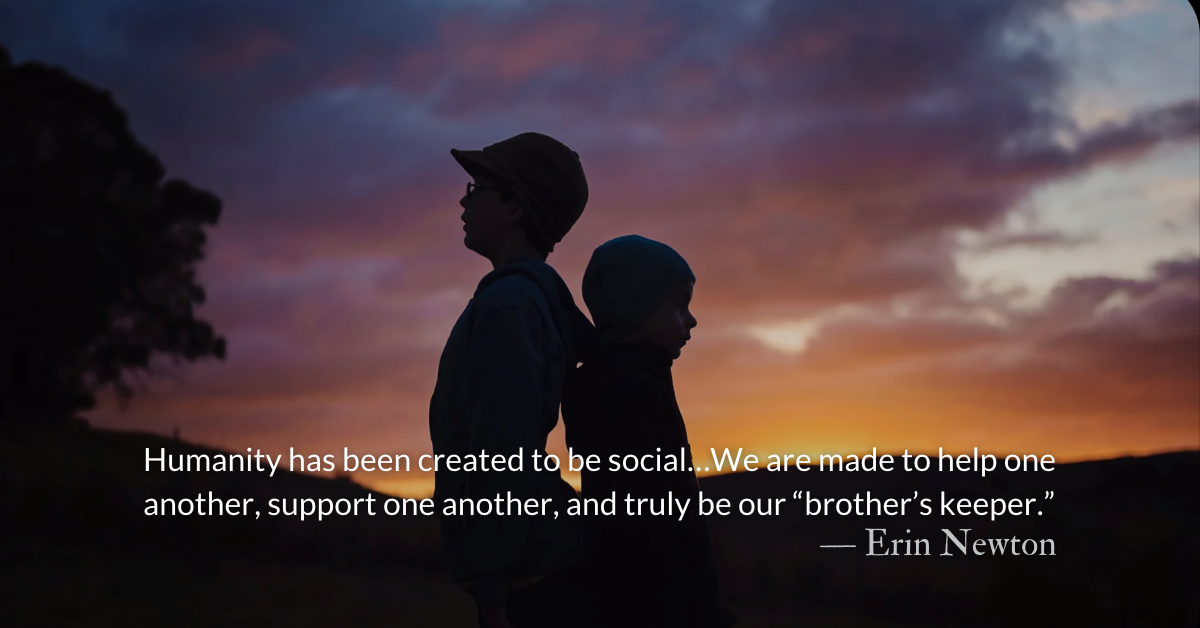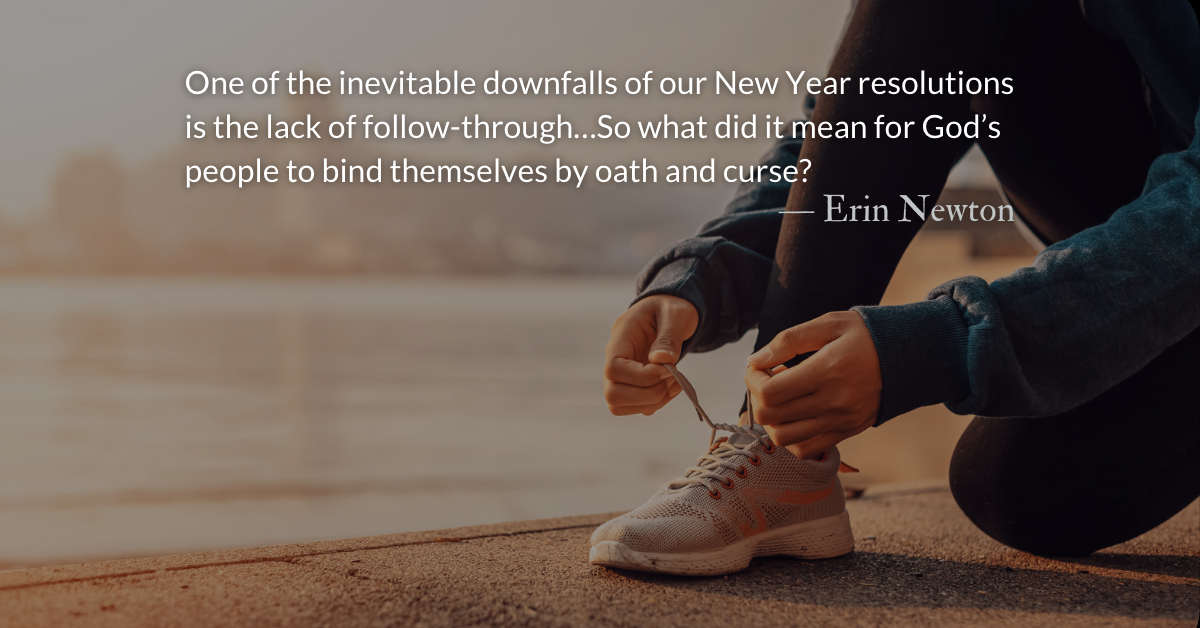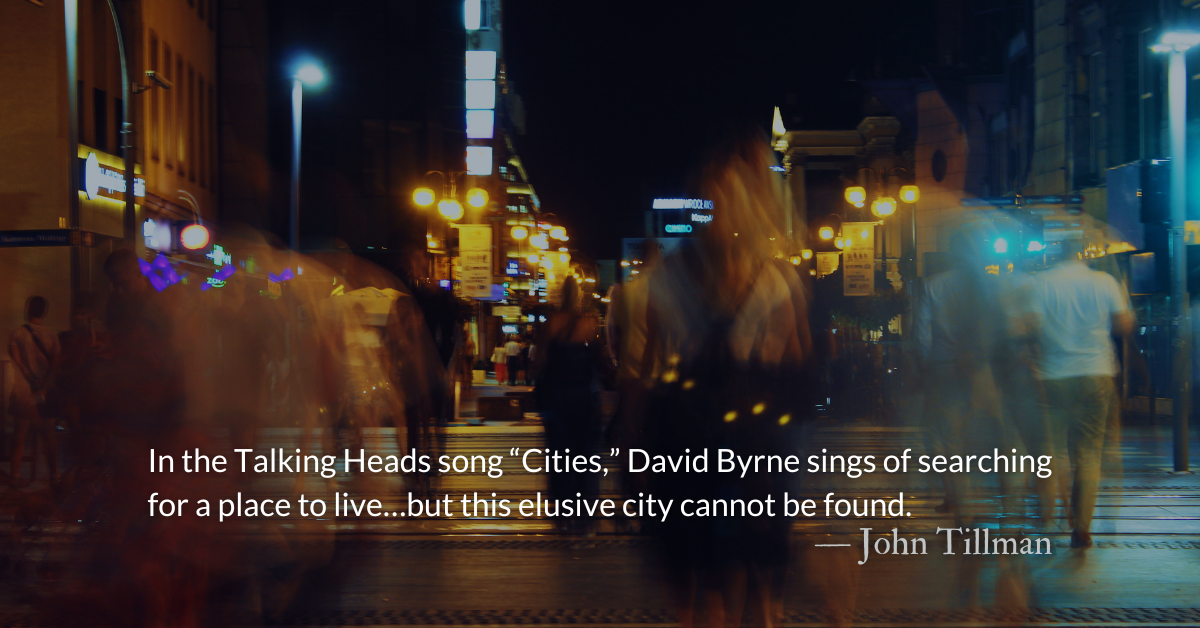Scripture Focus: Genesis 26:9-10
9 So Abimelek summoned Isaac and said, “She is really your wife! Why did you say, ‘She is my sister’?”
Isaac answered him, “Because I thought I might lose my life on account of her.”
10 Then Abimelek said, “What is this you have done to us? One of the men might well have slept with your wife, and you would have brought guilt upon us.”
Reflection: Little Lies
By Erin Newton
On three separate occasions, one of the patriarchs attempted to pass off his wife as his sister to save himself. Abraham deceived the Egyptian Pharaoh in chapter 12 and King Abimelech in chapter 20. Isaac, just like his father, introduced Rebekah as his sister to King Abimelech.
Within the ancient context, there is some legitimacy to the sister-wife claim. There can be arguments made for their lineage and lack of progeny. In any case, each situation calls into question the patriarch’s faith in the promises of God. It also expresses the reverberating consequences of lack of faith.
God promised to bless Abraham by making him a great nation. For this promise to be fulfilled, Abraham would need land, children, and means. In the sister-wife accounts, each of these areas is in jeopardy. Isaac feared losing his life, which would eliminate the possibility of his heirs developing into a great nation.
In this scheme of self-preservation, he inflicts the negative side of Abraham’s covenant. His lie created the potential of a curse upon his neighbors. His desire for self-preservation, by his own efforts, endangered the people around him. Abimelech had suffered the consequences of Abraham’s lie when his household was stricken with barrenness. Isaac put Abimelech in danger again.
These stories highlight the patriarchs’ weak faith. We can place ourselves in their shoes, reflect on the promises of God, and consider how we fail to trust him. Let us diverge from the immediately obvious lessons. Let us take a moment and step into the shoes of King Abimelech and Rebekah.
Abimelech was innocent in his interactions with Sarah and before Rebekah was taken, the ruse was revealed. No wrong was committed. But Abimelech was keenly aware of the danger Isaac imposed. Rebekah was a pawn in Isaac’s scheme. The voice of women is hidden in most of the Bible, but it is not hard to imagine the pain, fear, and betrayal this situation caused her.
Are we harming our neighbors through our lack of faith? Are we telling half-truths that can lead someone into sin?
The church has been guilty of half-truths in the name of self-preservation. Within abuse cases, it has endangered the vulnerable to protect its reputation. It fails to trust God to hold together his promises. We fear it will all unravel if we don’t create a scheme.
No wonder, like Isaac, our neighbors send us away.
DivineHours Prayer: A Reading
Jesus taught us saying: “Again, you have heard how it was said to our ancestors, ‘You must not break your oath, but must fulfill your oaths to the Lord.’ But I say this to you, do not swear at all…All you need say is, ‘Yes’ if you mean yes, ‘No’ if you mean no; anything more than this comes from the Evil One.” — Matthew 5.33-37
Today’s Readings
Genesis 26 (Listen 4:31)
Mark 4 (Listen 5:01)
Read more about Resisting Culture’s Mold
The cultural marriage norms followed by the patriarchs and passed down by Moses were condemned by Jesus.
Read more about Supporting Our Work
Ad-free content is rare and our donors make that possible. Please consider becoming a monthly donor for 2023. Think of the difference you can make in a year.

